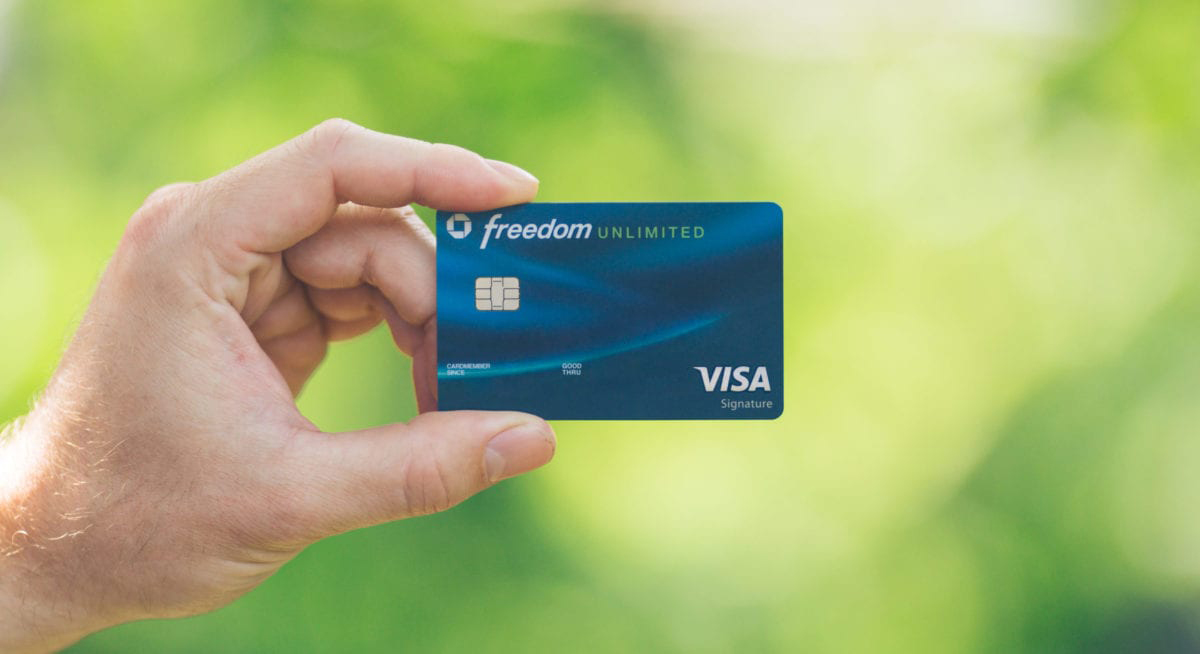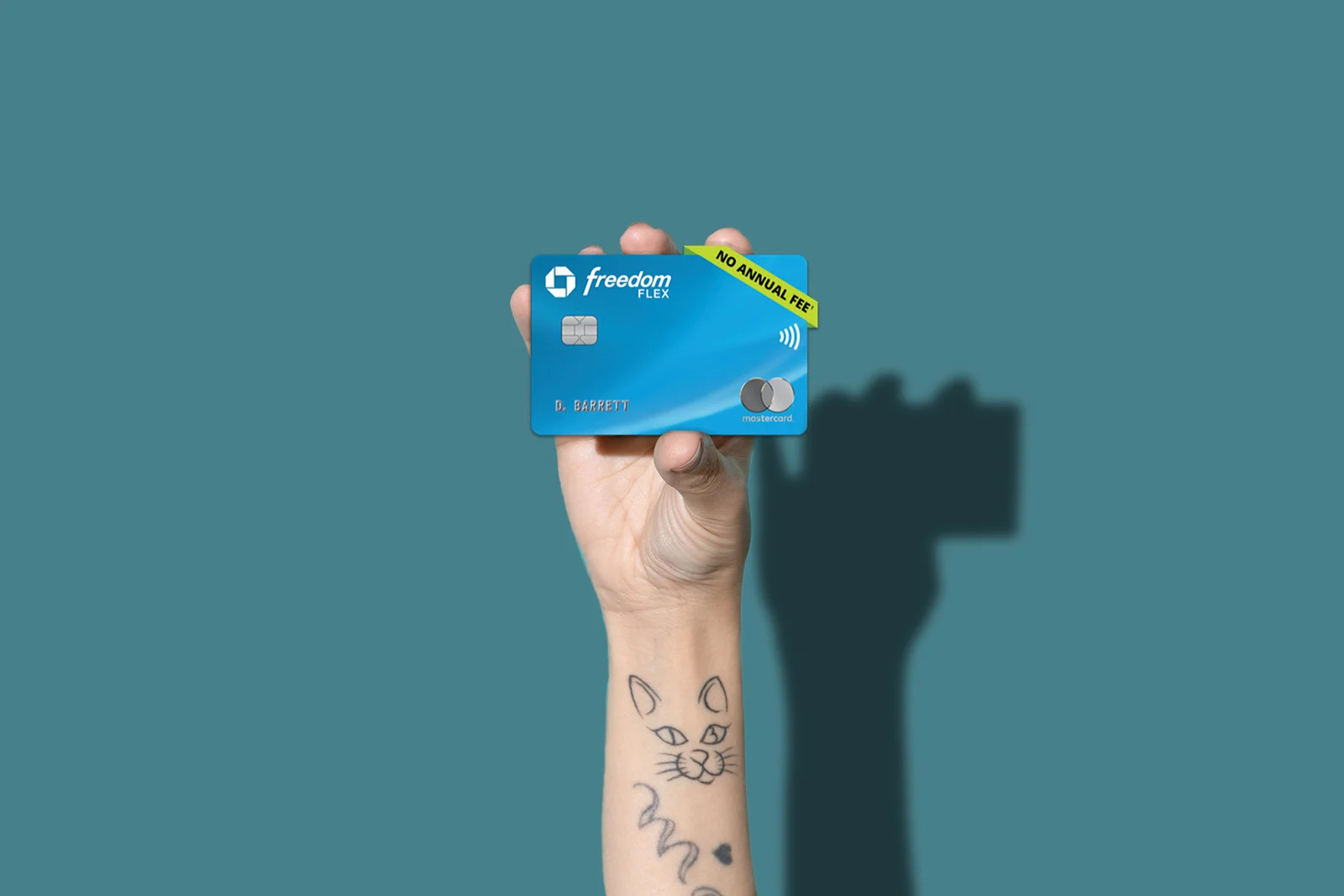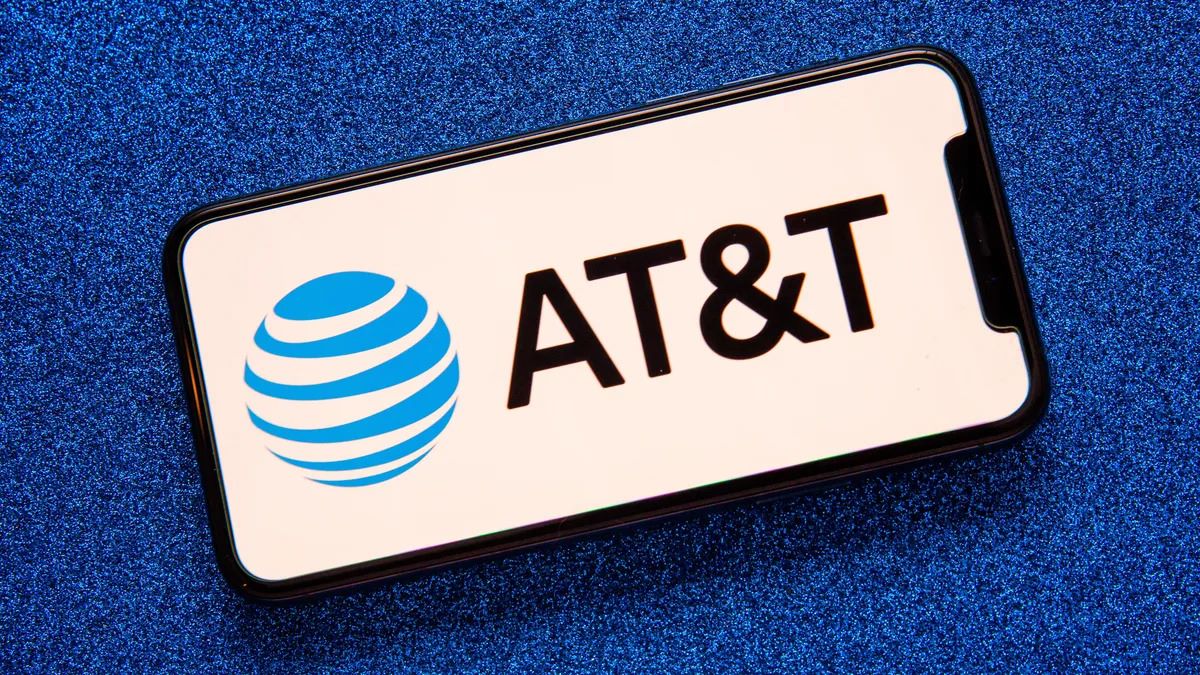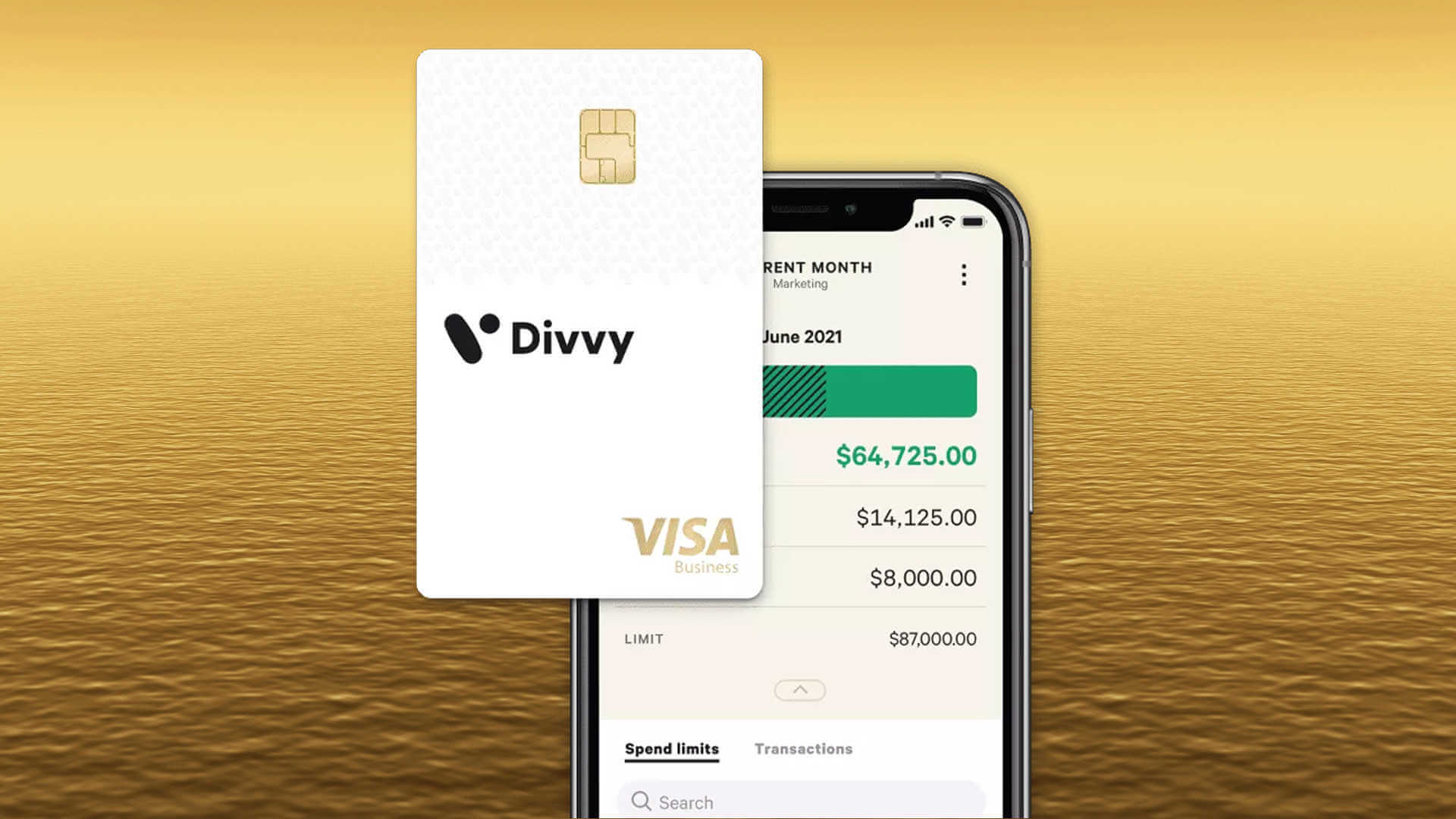Home>Finance>What Credit Score Do You Need For Chase Freedom


Finance
What Credit Score Do You Need For Chase Freedom
Modified: March 6, 2024
Discover what credit score you need to qualify for the Chase Freedom card. Get insights and tips on managing your finances for a successful application.
(Many of the links in this article redirect to a specific reviewed product. Your purchase of these products through affiliate links helps to generate commission for LiveWell, at no extra cost. Learn more)
Table of Contents
- Introduction
- Understanding the Importance of Credit Score
- Overview of Chase Freedom Credit Card
- Minimum Credit Score Requirement for Chase Freedom
- Factors that Affect Credit Score Approval
- How to Check Your Credit Score
- Strategies to Improve Your Credit Score
- Tips to Increase Your Chances of Approval for Chase Freedom
- Conclusion
Introduction
Welcome to the world of credit scores and financial freedom! If you are eyeing the coveted Chase Freedom credit card, you may be wondering what credit score is needed to qualify. Well, you’ve come to the right place. In this article, we will explore the minimum credit score requirement for the Chase Freedom credit card and provide you with valuable tips to improve your chances of approval.
A credit score is a three-digit number that plays a vital role in determining your creditworthiness. Lenders, including credit card companies like Chase, use it as a key factor to assess your financial responsibility and potential risk as a borrower. Your credit score is influenced by various factors, such as your payment history, credit utilization, length of credit history, credit mix, and recent credit applications.
Chase Freedom is a popular credit card that offers enticing rewards and benefits to its cardholders. With its cash back opportunities and various promotional offers, it is no surprise that many people aspire to get their hands on this card. However, before jumping in, it’s crucial to understand the minimum credit score requirements.
Having a good credit score is essential for being considered for the Chase Freedom credit card. Lenders typically have different credit score requirements, and it’s no different for Chase. While the exact numbers may vary based on individual circumstances, there is a general guideline to keep in mind.
Next, we will delve deeper into the specific credit score requirements for the Chase Freedom credit card and explore the factors that can influence your approval. Additionally, we will discuss how you can check your credit score and provide strategies to improve it, increasing your chances of qualifying for this coveted credit card.
Understanding the Importance of Credit Score
Your credit score is a crucial component of your financial life. It significantly impacts your ability to secure loans, obtain credit cards, and even affects your insurance rates and job prospects. Understanding the importance of your credit score is essential for managing your financial health.
A credit score is a numerical representation of your creditworthiness. It is calculated based on various factors, including your payment history, outstanding debts, credit utilization, length of credit history, and recent credit applications.
Lenders and financial institutions use your credit score to assess the level of risk you pose as a borrower. A higher credit score indicates that you are more likely to repay your debts on time and manage your credit responsibly. This makes you a lower-risk customer in the eyes of lenders, increasing your chances of being approved for loans or credit cards.
One of the main reasons to maintain a good credit score is to have access to better financial opportunities. For instance, when applying for a mortgage or an auto loan, a higher credit score can help you secure a lower interest rate, potentially saving you thousands of dollars over the life of the loan.
Your credit score also plays a role in determining the credit limits you are eligible for on credit cards. With a higher credit score, you are more likely to receive higher credit limits, which can give you more purchasing power and flexibility in managing your finances.
Moreover, some employers and landlords may consider your credit score when making decisions about employment or renting agreements. A strong credit score reflects your financial responsibility and can give them confidence in your ability to make timely payments.
Lastly, having a good credit score is not only important for immediate financial needs but also for long-term financial planning. It establishes a foundation for future financial goals such as buying a home, starting a business, or saving for retirement.
Understanding the significance of your credit score empowers you to take control of your financial well-being. It encourages responsible financial habits such as paying bills on time, keeping credit card balances low, and avoiding unnecessary debt.
Now that you understand the importance of your credit score, let’s explore the minimum credit score requirement for the prestigious Chase Freedom credit card.
Overview of Chase Freedom Credit Card
The Chase Freedom credit card is a popular choice among individuals who want to earn cash back on their everyday purchases. Known for its rewards program and flexibility, this card offers a range of benefits that make it appealing to many consumers.
One of the key features of the Chase Freedom card is its cash back rewards program. Cardholders earn cash back on their purchases, which can be redeemed for statement credits, gift cards, or merchandise. The card often offers bonus categories that allow you to earn higher cash back rates on specific types of purchases, such as groceries, gas, or dining.
In addition to the cash back rewards, the Chase Freedom card also provides a sign-up bonus after you meet the spending requirement within the specified timeframe. This bonus can be a significant boost to your rewards earnings.
Furthermore, the Chase Freedom card offers a 0% introductory APR on purchases and balance transfers for a specific period. This can be beneficial if you’re looking to make a large purchase or if you want to consolidate existing credit card debt.
Another advantage of the Chase Freedom card is its wide acceptance. As a Visa card, it is widely accepted both domestically and internationally, allowing you to use it for purchases wherever Visa is accepted.
Additionally, the card provides fraud protection and security features to keep your transactions safe. With advanced technology and monitoring systems, Chase works diligently to protect your information and prevent unauthorized access to your account.
It’s important to note that while the Chase Freedom card offers many benefits, it also has certain terms and conditions to be aware of. These may include fees, interest rates, and specific requirements to qualify for certain rewards or offers. It is recommended to review the card details thoroughly before applying.
In the next section, we will explore the minimum credit score requirement for the Chase Freedom credit card, as this is an important consideration when applying for this coveted card.
Minimum Credit Score Requirement for Chase Freedom
When it comes to the minimum credit score requirement for the Chase Freedom credit card, it’s important to remember that each individual’s creditworthiness is examined on a case-by-case basis. However, there are general guidelines that can give you a better understanding of what to aim for when applying for this card.
Typically, a good credit score is considered to be in the range of 670 to 739. However, it’s important to note that just meeting the minimum credit score requirement does not guarantee approval. Other factors, such as your income, employment history, and existing debt, also come into play.
Chase evaluates your creditworthiness based on your credit report from one of the three major credit bureaus: Experian, Equifax, or TransUnion. They assess factors such as your payment history, credit utilization, length of credit history, and recent credit inquiries to determine your credit score and overall creditworthiness.
That being said, in order to increase your chances of being approved for the Chase Freedom credit card, it is advisable to have a credit score of at least 680 or higher. A higher credit score demonstrates responsible credit management and financial stability, making you a more attractive candidate to lenders.
However, it’s important to keep in mind that credit score requirements can vary based on various factors, including the current economic climate and the applicant’s overall financial profile. So, while 680 is a good guideline, there may be instances where individuals with lower credit scores are approved, or individuals with higher credit scores are denied.
It’s worth noting that Chase may offer different credit cards or products for individuals who may not meet the minimum credit score requirements for the Chase Freedom card. These alternative options can still provide valuable rewards and benefits, allowing you to work on building your credit to eventually qualify for the Chase Freedom card in the future.
In the next section, we will explore the various factors that can affect your credit score approval, so you can better understand how to improve your chances of qualifying for the Chase Freedom card.
Factors that Affect Credit Score Approval
Understanding the factors that can affect credit score approval is crucial when applying for a credit card like Chase Freedom. Lenders, including Chase, consider various elements to assess your creditworthiness and determine whether you qualify for their credit products. Here are some key factors that can influence your credit score approval:
- Payment History: Your payment history is one of the most important factors considered by lenders. Making timely payments on your bills and credit obligations demonstrates responsibility and reliability, positively impacting your credit score.
- Credit Utilization Ratio: This refers to the percentage of your available credit that you are using. Keeping your credit utilization low, ideally below 30%, shows lenders that you are managing your credit responsibly and not relying heavily on borrowed funds.
- Length of Credit History: The length of time you have had credit accounts determines the age of your credit history. Generally, a longer credit history is seen as more favorable, as it allows lenders to assess your creditworthiness over a more extended period.
- Credit Mix: A healthy credit mix includes a variety of credit accounts, such as credit cards, loans, and mortgages. Having a diverse mix of credit types can positively impact your credit score by demonstrating your ability to manage different types of debt.
- Recent Credit Applications: Every time you apply for new credit, it generates a hard inquiry on your credit report. Multiple hard inquiries within a short period can negatively impact your credit score, as it may indicate that you are seeking credit from multiple sources.
- Derogatory Marks: Negative information, such as late payments, collections, or bankruptcies, can significantly impact your credit score. Lenders view these marks as red flags, indicating potential financial risk.
These factors, along with your credit score, play a significant role in determining your creditworthiness. It’s important to manage them effectively to improve your chances of credit score approval.
Checking your credit report regularly is crucial in understanding the factors that are influencing your credit score. You are entitled to one free credit report annually from each of the three major credit bureaus. Reviewing your credit report allows you to identify any errors or discrepancies that may be negatively affecting your credit score.
In the next section, we will discuss how you can check your credit score and monitor it effectively.
How to Check Your Credit Score
Checking your credit score is an essential step in understanding your financial health and determining your eligibility for credit products like the Chase Freedom credit card. Fortunately, there are several ways to access and monitor your credit score. Here are a few methods you can use:
- Free Credit Score Services: Many online platforms offer free credit score services, giving you instant access to your credit score. Websites like Credit Karma, Credit Sesame, and NerdWallet provide free credit scores and credit monitoring services that allow you to track any changes or updates to your credit profile.
- Credit Card Companies: Some credit card companies provide their customers with access to their credit scores as a perk. Check with your credit card issuer to see if they offer this service.
- Credit Bureaus: The three major credit bureaus, Experian, Equifax, and TransUnion, provide credit reports and credit scores upon request. You can visit their respective websites and request a copy of your credit report, which often includes the credit score.
- Credit Counseling Agencies: Credit counseling agencies can provide you with your credit score as part of their services. These agencies can also offer guidance on improving your credit and managing your debts.
When checking your credit score, it’s important to ensure that you are using a reputable and secure platform. Look for services that use encryption technology to protect your personal information during the credit score retrieval process.
In addition to checking your credit score, it’s beneficial to review your credit report for any errors or discrepancies. Mistakes on your credit report can negatively impact your credit score, so it’s essential to dispute and rectify any inaccuracies promptly.
Regularly monitoring your credit score allows you to track your progress and identify areas for improvement. It also helps you detect any fraudulent activity or unauthorized accounts opened in your name.
In the next section, we will discuss strategies you can implement to improve your credit score, which can increase your chances of approval for the Chase Freedom credit card.
Strategies to Improve Your Credit Score
If you’re aiming to improve your credit score to increase your chances of approval for credit cards like the Chase Freedom, implementing certain strategies can help you achieve your goal. Here are some effective strategies to improve your credit score:
- Pay Your Bills on Time: Making timely payments is one of the most crucial factors in building a strong credit history. Set up payment reminders or automatic payments to ensure you never miss a due date.
- Reduce Credit Card Balances: High credit card balances can negatively impact your credit utilization ratio. Aim to keep your credit card balances low and pay off your debts as much as possible.
- Avoid Opening Multiple New Credit Accounts: Opening too many new credit accounts within a short period can raise red flags for lenders. Only apply for credit when necessary and be selective about the accounts you open.
- Monitor Your Credit Utilization: Aim to keep your credit utilization ratio below 30%. If you have high balances, consider developing a repayment plan to bring them down and improve your credit score.
- Build a Positive Credit History: Length of credit history is an important factor in calculating your credit score. If you’re new to credit, consider opening a credit card or becoming an authorized user on someone else’s credit card to start building a positive credit history.
- Check Your Credit Report for Errors: Regularly review your credit report for any errors or discrepancies. If you notice any inaccuracies, dispute them with the credit bureaus to have them corrected and potentially improve your credit score.
- Be Mindful of Hard Inquiries: Avoid unnecessary credit applications, as each application can result in a hard inquiry on your credit report. Multiple hard inquiries can negatively impact your credit score.
- Pay Off Debt Strategically: Consider the snowball or avalanche method to pay off your debts. The snowball method involves paying off the smallest debts first, while the avalanche method focuses on paying off debts with the highest interest rates first.
Improving your credit score takes time and consistency. It’s important to be patient and maintain responsible credit habits. By following these strategies and managing your finances wisely, you can enhance your creditworthiness and increase your likelihood of approval for credit cards like the Chase Freedom.
In the next section, we will provide you with tips to increase your chances of approval specifically for the Chase Freedom credit card.
Tips to Increase Your Chances of Approval for Chase Freedom
If you have your sights set on obtaining the prestigious Chase Freedom credit card, there are several tips you can implement to improve your chances of approval. These tips will help you showcase your creditworthiness and increase your appeal to Chase as a potential cardholder. Here are some valuable tips to consider:
- Focus on Building a Strong Credit History: Establish a history of responsible credit management by making timely payments, keeping credit card balances low, and maintaining a healthy credit utilization ratio. This demonstrates to Chase that you are a reliable borrower.
- Work on Improving Your Credit Score: As mentioned earlier, aim to have a credit score of at least 680 or higher for better chances of approval. Focus on implementing strategies to improve your credit score, such as paying off debts and keeping credit utilization low.
- Reduce Existing Debt: If you have outstanding debts, it’s advisable to work on reducing them as much as possible. Lowering your debt-to-income ratio shows responsible financial management and indicates to Chase that you can handle additional credit.
- Keep Employment and Income Stable: Lenders like to see a steady income and employment history as it adds to your financial stability. Maintain a consistent job and income to increase your chances of approval.
- Include Accurate and Up-to-Date Information in Your Application: Ensure that all the information you provide in your credit card application is accurate and up-to-date. Mistakes or outdated information can raise red flags and hinder your approval chances.
- Consider Becoming a Chase Customer: Building a relationship with Chase by becoming a customer can increase your chances of approval for their credit cards. Opening a checking or savings account with Chase can demonstrate your commitment to the bank.
- Review and Understand the Card’s Terms and Conditions: Before applying, carefully review the terms and conditions of the Chase Freedom credit card. Understand the annual fee, interest rates, and any other fees associated with the card to ensure it aligns with your financial goals and capabilities.
- Apply for the Card When Your Credit and Finances Are in Good Shape: Timing is crucial when applying for a credit card. Wait until your credit score is in a good range, and your financial situation is stable before submitting your application.
It’s important to note that while these tips can increase your chances of approval for the Chase Freedom credit card, approval is not guaranteed. Each individual’s financial situation is unique, and Chase evaluates applications on a case-by-case basis.
By implementing these tips, you can position yourself as a strong candidate for the Chase Freedom credit card and enhance your chances of being approved. Focus on maintaining responsible financial habits and building a solid credit history to increase your appeal to lenders.
Finally, in the concluding section, we will recap the key points discussed and emphasize the importance of credit score and responsible financial management.
Conclusion
Understanding the relationship between credit scores and credit card approvals is crucial in your financial journey. The Chase Freedom credit card, known for its rewards and benefits, serves as a coveted choice for many individuals. While the credit score requirements can vary, aiming for a credit score of at least 680 or higher increases your likelihood of approval.
Throughout this article, we’ve explored the importance of credit scores, the overview of the Chase Freedom credit card, and the strategies to improve your creditworthiness. By paying your bills on time, reducing credit card balances, and monitoring your credit utilization, you can enhance your financial health and increase your chances of approval.
Checking your credit score regularly and reviewing your credit report for errors is essential in maintaining an accurate credit history. Remember, a strong credit history and responsible financial management lay the foundation for future financial goals.
When applying for the Chase Freedom credit card, taking steps to improve your credit score and demonstrating your financial stability can significantly increase your chances of approval. Building a strong credit history, reducing existing debt, and providing accurate and up-to-date information on your application are all essential in showcasing your creditworthiness.
Lastly, timing and understanding the card’s terms and conditions are key. Apply for the Chase Freedom credit card when your credit and finances are in good shape and take the time to familiarize yourself with the card’s annual fees, interest rates, and other associated costs.
It’s important to remember that while these tips and guidelines can enhance your chances of approval, individual circumstances may vary, and approval is not guaranteed. Each credit card application is assessed on a case-by-case basis, considering various factors beyond just the credit score.
By focusing on responsible financial habits, maintaining a good credit score, and understanding the requirements of the Chase Freedom credit card, you can set yourself up for success in your credit journey and increase your chances of qualifying for this sought-after credit card.
Now, armed with this knowledge, you can take proactive steps towards achieving your financial goals and unlocking the benefits and rewards that come with the Chase Freedom credit card.














